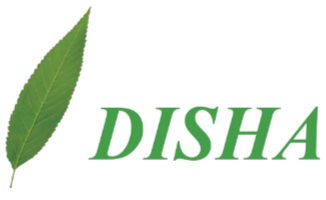Our Organisation
About DISHA
A few social activists, environmentalists, public health experts and human rights activists came together in 1995, to work on environmental and related social issues. This group eventually became the Society for Direct Initiative for Social and Health Action, popularly known as DISHA.
In the course of last 25 years, the Society for Direct Initiative for Social and Health Action (DISHA) has actively worked on different issues pertaining to environment and human rights—including municipal waste management, bio-medical waste management, industrial pollution, toxicity, coastal environment, forest, biodiversity, conservation of wetland and water bodies and other conservation issues.
During the last decade, our work has majorly included the rights and livelihood of the fishing community, nature-oriented agriculture, creation of Self-help Groups (SHGs) and rural Cooperatives, Child rights and Child development.
Our Vision
In an epoch of
- Crumbling hopes and broken promises
- Undreamt of plenty purchased with the drastic deterioration of biodiversity and our planetary processes
- Unceasing cruelty and the constant threat to human freedom
We commit ourselves to promoting the ideals of earth-mindedness, justice, intergenerational equity, and ecosystem-based human rights.
Our Mission
We strive to participate in and bolster planet-wide efforts to:
- Protect earth systems: reduce destruction and increase conservation of our natural environment
- Protect and promote sustainable access to natural resources by communities dependent on such resources
- Protect the rights and foster the welfare of marginal and disadvantaged sections
- Promote gender justice
- Work for child rights, child development, and adolescent guidance
Key Themes that we work upon
Zero Waste –
Climate Resilience & Climate Adaptation –
Nature Oriented Farming –
River, Wetland & Waterbodies –
Empowering women –
Coastal communities –
Fishing communities –
Forest dependent communities –
Child development –
